This article is a guest post I wrote for the Level magazine in May 2023.
Situated in the heart of America, the Amish community embodies a lifestyle that seems unhurried and distant from the hectic pace of modern society. While it’s a common misconception that they completely reject technology and electricity, the truth is more nuanced. Yes, they do utilize electrical power for certain appliances, a common necessity in most homes, but they firmly resist connecting to the public power grid. This conscious decision symbolizes their commitment to maintain a certain distance from the non-Amish world and the cultural influences it could carry.
They aren’t actively seeking out new technologies to incorporate into their lives, but rather finding ways to maintain their chosen lifestyle in the face of an ever-changing world.
Yet, in stark contrast to this unhurried pace, many people grapple with the rapid pace of change. Alvin Toffler, in his renowned work “Future Shock,” describes the disorientation felt by individuals and entire societies when they experience “too much change in too short a period.” This acceleration can seem overwhelming and unmanageable.
However, there’s a faction that embraces societal transformation and actively seeks to fuel it. Proponents of Effective Accelerationism (e/acc) see the universe as a grand dance of thermodynamic processes, with life itself being an improvisational dancer, continually adapting and capturing more “free energy.”
E/acc posits that we can’t escape this dance – but we can adapt our steps. This philosophy speaks to the essence of life and evolution and provides insights into the rapid pace of societal and technological change. It reminds us that change is a constant, an inherent part of life, and that even our struggle with the pace of transformation is a part of this grand dance.
One challenge that arises from this relentless pace of progress is the hyper-competitive nature of innovation. In our current world, a groundbreaking idea can quickly become obsolete, replaced by the next big thing in days or even hours. Although it drives progress, this all-or-nothing environment can lead to a high-stress society where few would willingly choose to reside.
However, how do we adapt to an increasingly frenetic rhythm, especially when many are already struggling to keep pace with current rates of change? The e/acc answer points towards self-improvement and augmentation. This idea parallels the growing discussions around cognitive enhancements and neural prosthetics in the transhumanist circles. The human brain, a product of millions of years of evolution, may not be naturally equipped to process the exponential increase in information and the constant pace of change we currently experience. Neural enhancements and cognitive prosthetics might help us bridge this gap and keep pace with AI’s progress.
In the upcoming fast-paced, hyper-competitive world, we must rethink our understanding of human rights and societal regulations. Competition drives progress, yet we must balance it with the preservation of mental well-being and security. As rapid technological advancements transform society, it’s crucial to develop adaptable laws and ethical guidelines. New human rights could emerge, safeguarding individuals from excessive change while ensuring access to cognitive enhancements and AI advancements. Striking this balance between competition and enjoyment of life is a critical challenge for our future.
These thoughts often give me pause. As a techno-optimist, I embrace change. However, even I wonder if the relentless flow of AI inventions might be overwhelming without some form of augmentation. I sometimes imagine a future where I long for tranquility and stability amidst the clamor of constant progress.
And yet, the only way we can guide superintelligent AI is if we elevate ourselves to similar heights. Rather than delaying AI development out of fear, we should focus on improving our understanding, wisdom, and capability.
Ultimately, like a compelling plot twist, our dance with acceleration might appear surprising now, yet inevitable in hindsight. Despite the daunting pace, we continually advance toward a promising future. Our dance with progress isn’t about halting acceleration but how we navigate it. In this grand dance, our willingness to participate becomes our first step toward shaping the future.



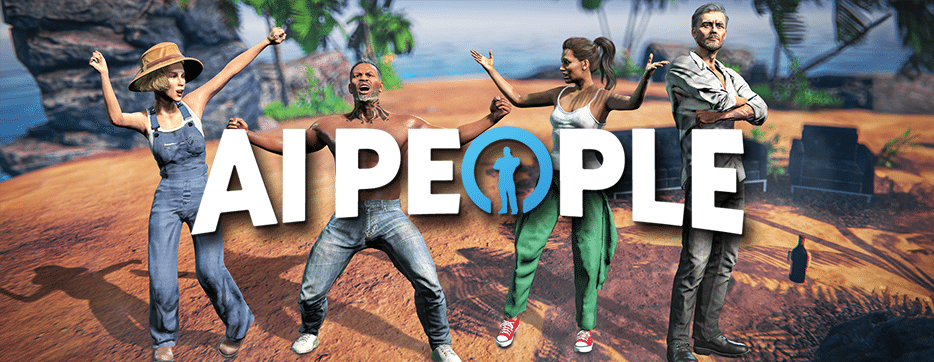
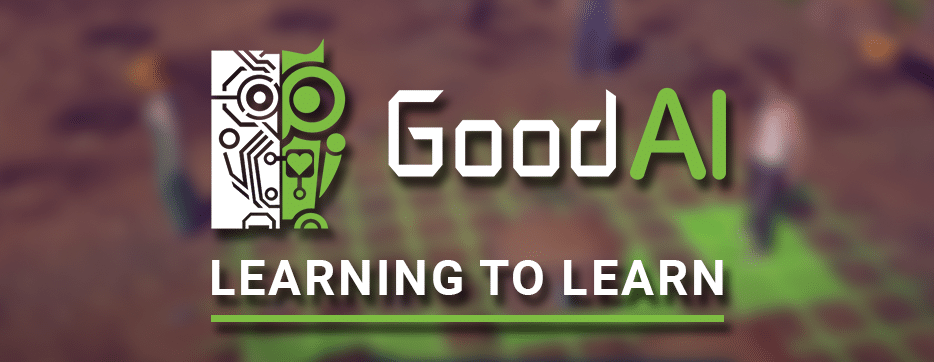
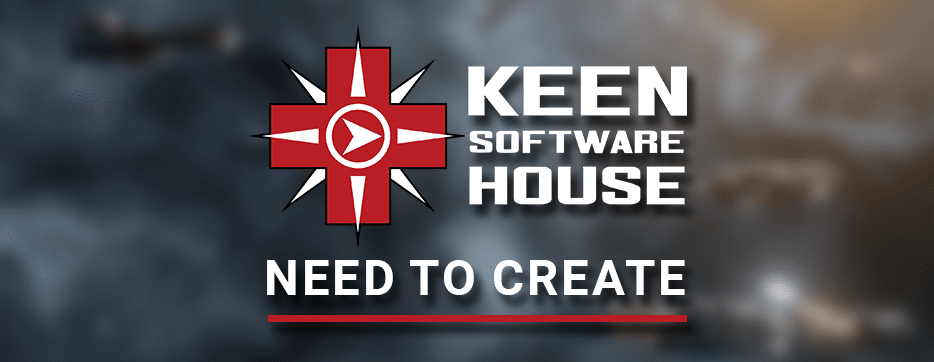
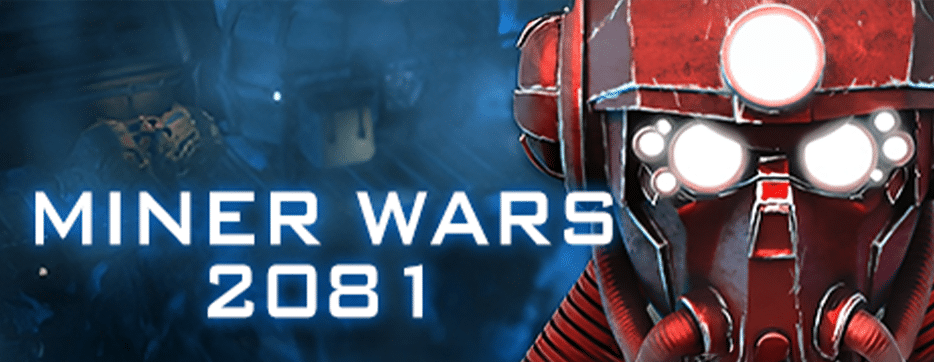
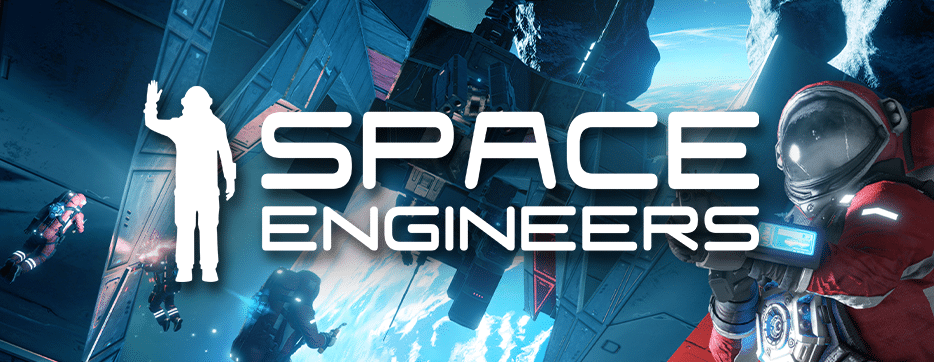
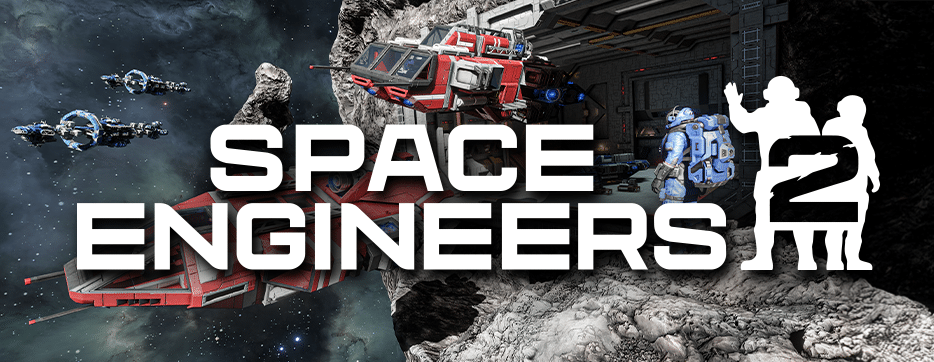


As Samuel Beckett said, “Dance first, think later.”
Make me into my fursona and give me cybernetic amphetamines. Otherwise the lore and all the stuff about thermodynamic god and quantum mechanics justifying the behaviour of the grifters in silicon valley is hard to buy.